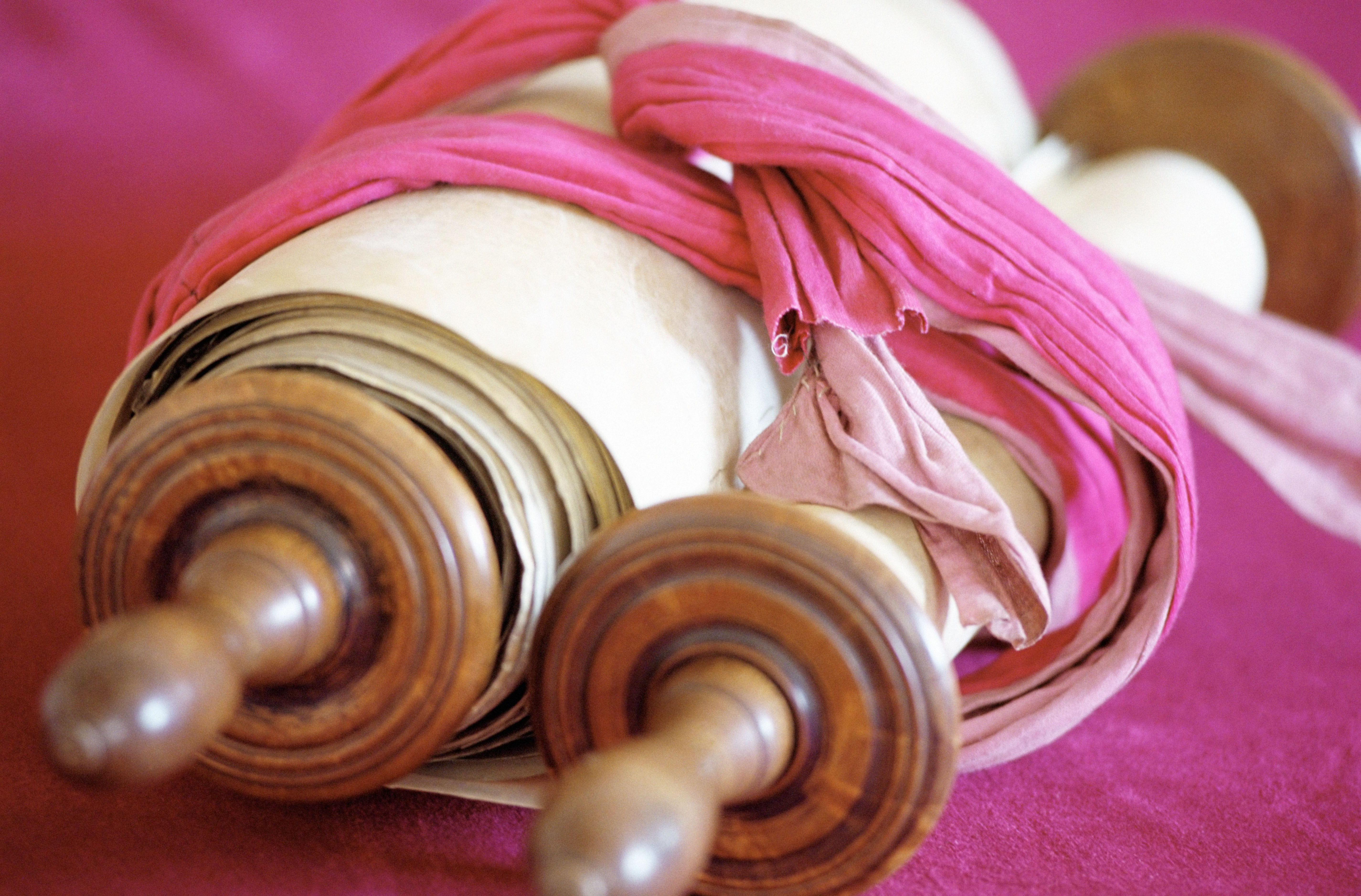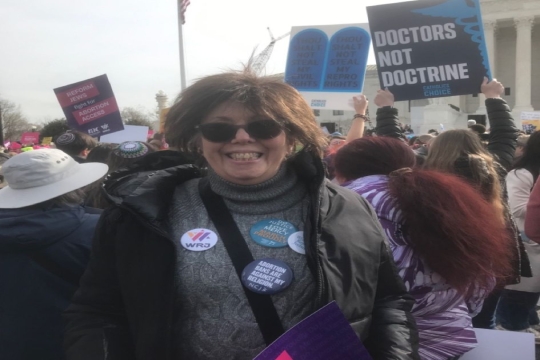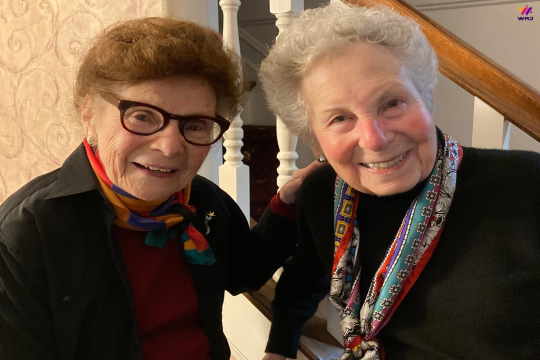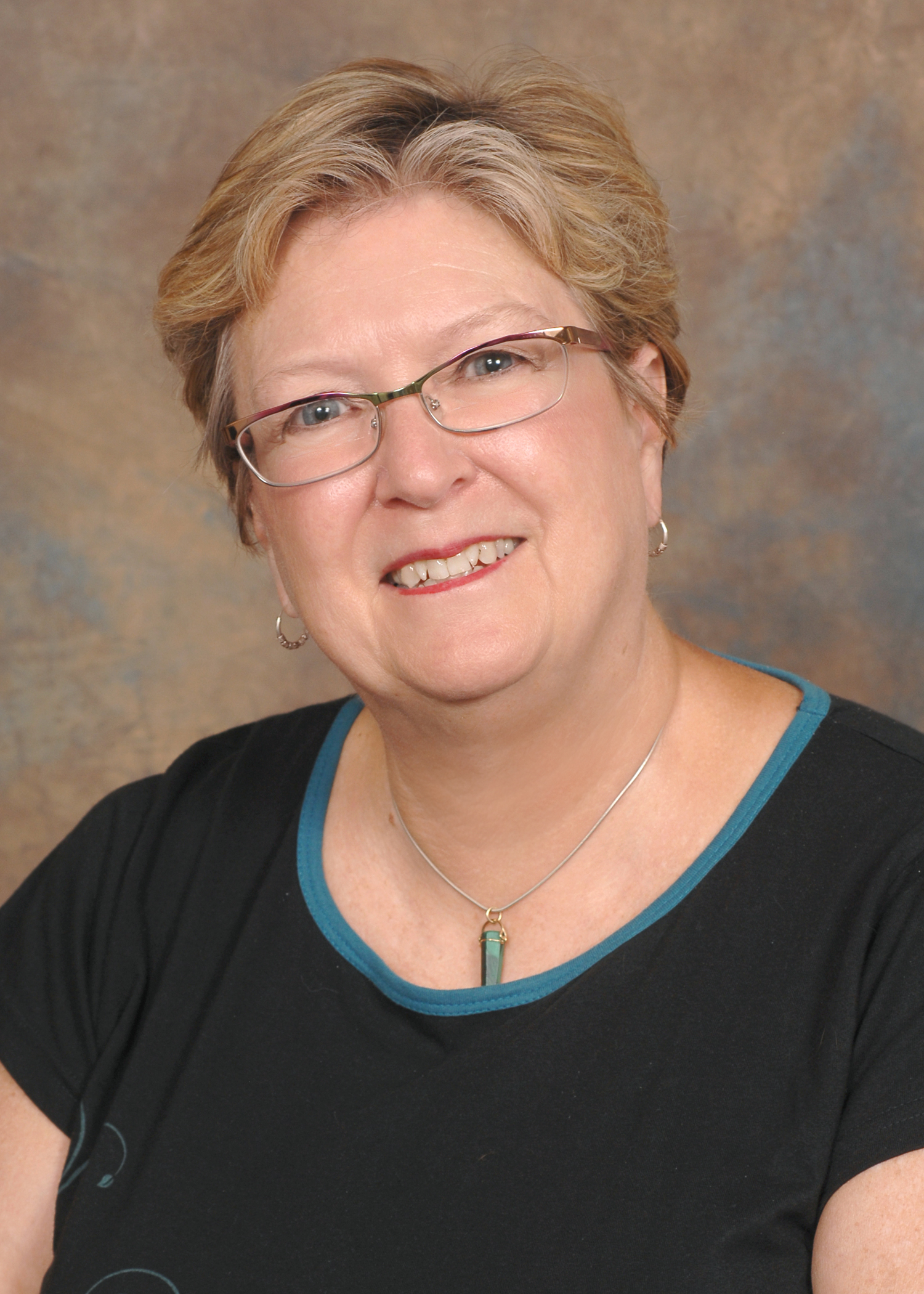
Parashah B’har outlines the laws for yovel, or jubilee, in the land of Israel. Every seventh year, the land is to be laid fallow for a shemitah, or sabbatical year. After 49 years, an additional fallow year (yes, two in a row) is observed as a jubilee year. The law requires that any land sold should be returned to the original owner, and any Israelite indentured servants or slaves are to be freed. This is the Torah’s way of offering support for the economically disadvantaged and return of family lands. My recent reading of this portion kept returning to ownership.
“…The land is Mine: you are but strangers resident with Me.” Leviticus 25:23
The question “Who owns the land?” is clearly answered here. God owns the land. In a sense, the entire earth belongs to Shechinah, the feminine name of God or Mother Earth, if you will. Humankind is just one part of the diverse collection of living beings that dwell here. This biosystem includes plants, animals, fungi, bacteria, and even viruses. Imagine that you have a lovely house with beautiful gardens that you allow your friends and family to use. How would it feel if they took what they wanted from the property, destroyed the land, failed to maintain or upkeep the home, and left it in shambles? This is how I imagine that Shechinah feels about how humankind is caring for the Earth. Humankind has not been a good steward of the land. We have built without consideration for fragile ecosystems. We have mined without restoration. We have polluted and contaminated land and water and have changed the climate.
In addition to replenishing the soil, laying fallow allows the land to return to the wild. It is in the wilderness that our ancestors were closest to God. In his essay, Seeking a Wild Heart in Wilderness, Rabbi Mike Comins notes that most of the formative events in the Torah take place in the wilderness, where “Ancient Israelite practice was intimately connected with the natural world. They looked for God’s action in the land just as much as in historical events.” Indeed, it is in the wilderness, in places of awe, that many can still experience the “still, small voice.” Hunter and gatherer societies were much more in tune with nature and were able to live off the land. Our society has gotten away from this God-infused wilderness.
This raises the second ownership question: “Who or what owns you?” Leviticus 25:23, “you are but strangers resident with Me,” uses the term gerim v’toshavim, strangers resident with Me, to describe the Israelites, who also belong to God. But is that true today? In the original agricultural society, the shemitah was a yearlong respite for the people as well as the land. In today’s consumer-driven society, it seems that we are trapped in a never-ending cycle of work. Jeremy Benstein notes, “The sabbatical principle, dictating periods of enforced restraint, rededication and redistribution, presents a compelling alternative to business as usual. Limiting the share that production and consumption have in our lives will create the space for higher pursuits. The economy must not be an engine that runs of itself, disengaged from social and environmental concerns, but a conscious expression of our spiritual and moral values. Wealth, both money and land, are not personal property to be accumulated, but divine abundance channeled through us to be shared for the benefit of all.” Consider how you spend your time and energy versus how you would like to spend that time. Are you able to appreciate this beautiful, God-given world, or are you trapped in rampant consumerism? Although it may be unrealistic to take a year off, we can find ways to live a simpler, less consumer-driven life.
Finally, “What do you own?” In other words, do you own your responsibility? Parashah B’har informs us that we are to assist families in need, to redeem our kin that has fallen into financial straits. The Torah: A Women’s Commentary notes that a goel [redeemer], meaning a family member of means, is obligated to ‘bail out’ destitute relatives”. Again, extrapolating from our immediate kin to humankind, we are warned to offer fair treatment and assistance if we are able. This Torah portion reminds us that it is our responsibility to prevent further destruction of the earth, to redeem those in need, to limit excessive consumerism to return to a simpler life in communion with that “still small voice.” Those most vulnerable to environmental destruction and climate change are the underprivileged, especially women and children.
Environmental issues and climate change are part of Women of Reform Judaism (WRJ) Advocacy’s Israel and Global Affairs Key Issue. In 2011, WRJ issued a resolution, “Sustainable Consumption and Production: Learning to Live Together,” calling for economically, socially, and environmentally sustainable practices and policies. We all need to do our part, own our responsibilities, reclaim our time, and take care of God’s land. Here are a few simple ideas for how to own your responsibility.
- Plant trees and sustainable gardens
- Avoid pesticides and harmful chemicals, pick up litter, and don’t pollute.
- Use sustainable products.
- When purchasing, ask yourself if you really need the item. If not, put it back.
- If you need an item, consider buying second-hand.
- Help feed and/or house the poor and hungry.
- Notify your local, state, provincial, and national representatives of your concern for climate change.
- Support legislation for living wages.
- Remember to Vote!
For yourself, take time to appreciate the awesome world that Shechinah has shared with us.
Related Posts

Andrea Stillman: A WRJ Leadership Spotlight


